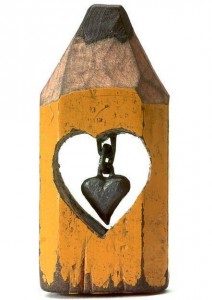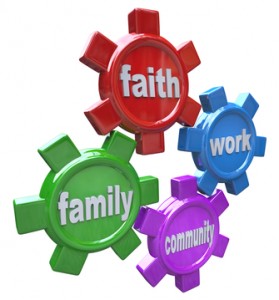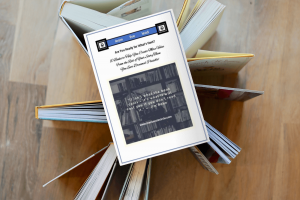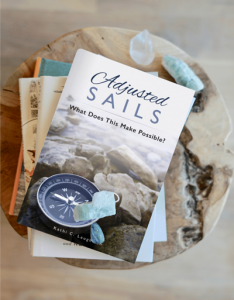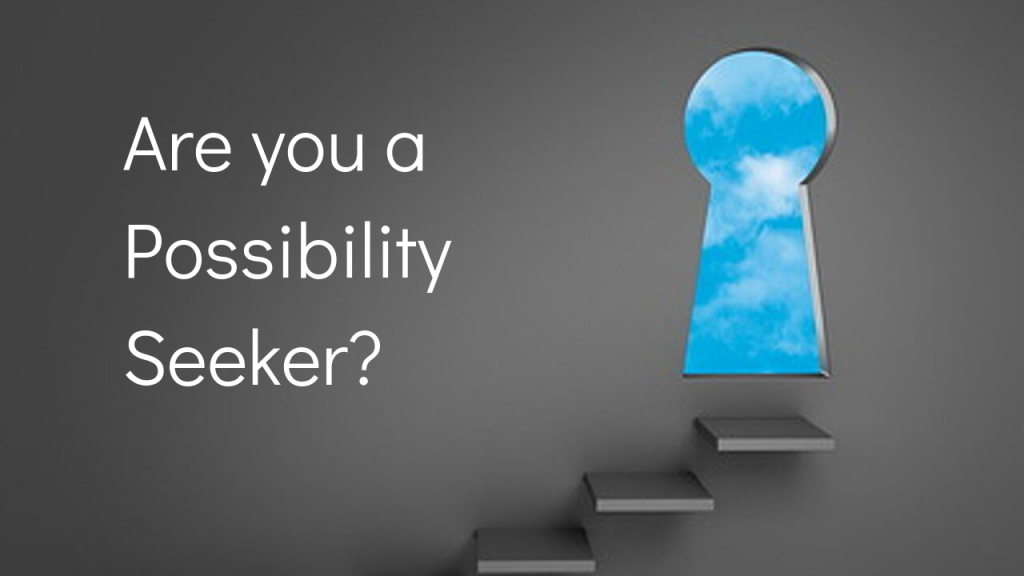 He remains one of the most influential and quoted writers of 19th century America.
He remains one of the most influential and quoted writers of 19th century America.
What is interesting is that some of his most successful writings did not begin in fact as essays, they started out as speeches he gave to audiences and later published.
Another notable point is that he was an early “self-publisher”. He delivered an address to the Phi Beta Kappa Society at Cambridge in 1837 which ultimately became the work known as “The American Scholar”.
At the urging of friends, he published it himself at his own expense.
He also wrote his own musings in journals and it was his influence that resulted in Thoreau also starting to journal. The Harvard University Press has published his journals in 16 volumes and some believe it contains some of his best work. That’s not surprising to me given that the creative freedom of personal journals does often result in bursts of brilliance for most writers.
Another point worth mentioning is that he was also one of the early adopters of lecture “series” and he found that by approaching the market as a lecturer in this format gave him a much higher return financially. At one point he was doing as many as 80 series a year and traveling a great deal.
When Walt Whitman first published his signature work Leaves of Grass, he sent a copy to Emerson for an opinion – perhaps an early “review”. When he received a positive response, it stirred up market interest as well and a second edition was published.
What is the significance of all of this? It gives us insight into who he was and how he operated. It helps put the quotes we have attributed to him within a context that makes them more crystallized. It also speaks to the fact that success leaves clues. Why do we still after nearly 200 years quote Emerson’s writings? Because he didn’t just write words. He discussed ideas and presented new thoughts. He delivered his message across different medias. And he supported the work of others. His own private writings and observations of life in his world remain salient now. One of my favorites of his thoughts is that “..The measure of a master is his success in bringing all men around to his opinion twenty years later.”
Our legacies are what live beyond us. In that respect, we are no different from Emerson. Although I have many fundamental philosophical differences with the man, in many areas his philosophies do resonate with me. Perhaps they will with you, too.
Emerson on using new experiences as a way to put the past behind us:
Be not the slave of your own past. Plunge into the sublime seas, dive deep and swim far, so you shall come back with self-respect, with new power, with an advanced experience that shall explain and overlook the old.
Finish each day and be done with it. You have done what you could. Some blunders and absurdities no doubt crept in; forget them as soon as you can. Tomorrow is a new day; begin it well and serenely and with too high a spirit to be encumbered with your old nonsense.
Emerson on our individual uniqueness:
Insist on yourself; never imitate… Every great man is unique.
What lies behind us and what lies before us are tiny matters compared to what lies within us.
None of us will ever accomplish anything excellent or commanding except when he listens to this whisper which is heard by him alone.
Emerson on character:
People seem not to see that their opinion of the world is also a confession of their character.
What you do speaks so loud that I cannot hear what you say.
And my own personal favorites:
This time, like all times, is a very good one, if we but know what to do with it.
Our chief want in life is somebody who shall make us do what we can.
The reward of a thing well done is to have done it.
And in closing, what would he say about this blog post? Perhaps he would say again: “…I hate quotations. Tell me what you know.” I love that.






